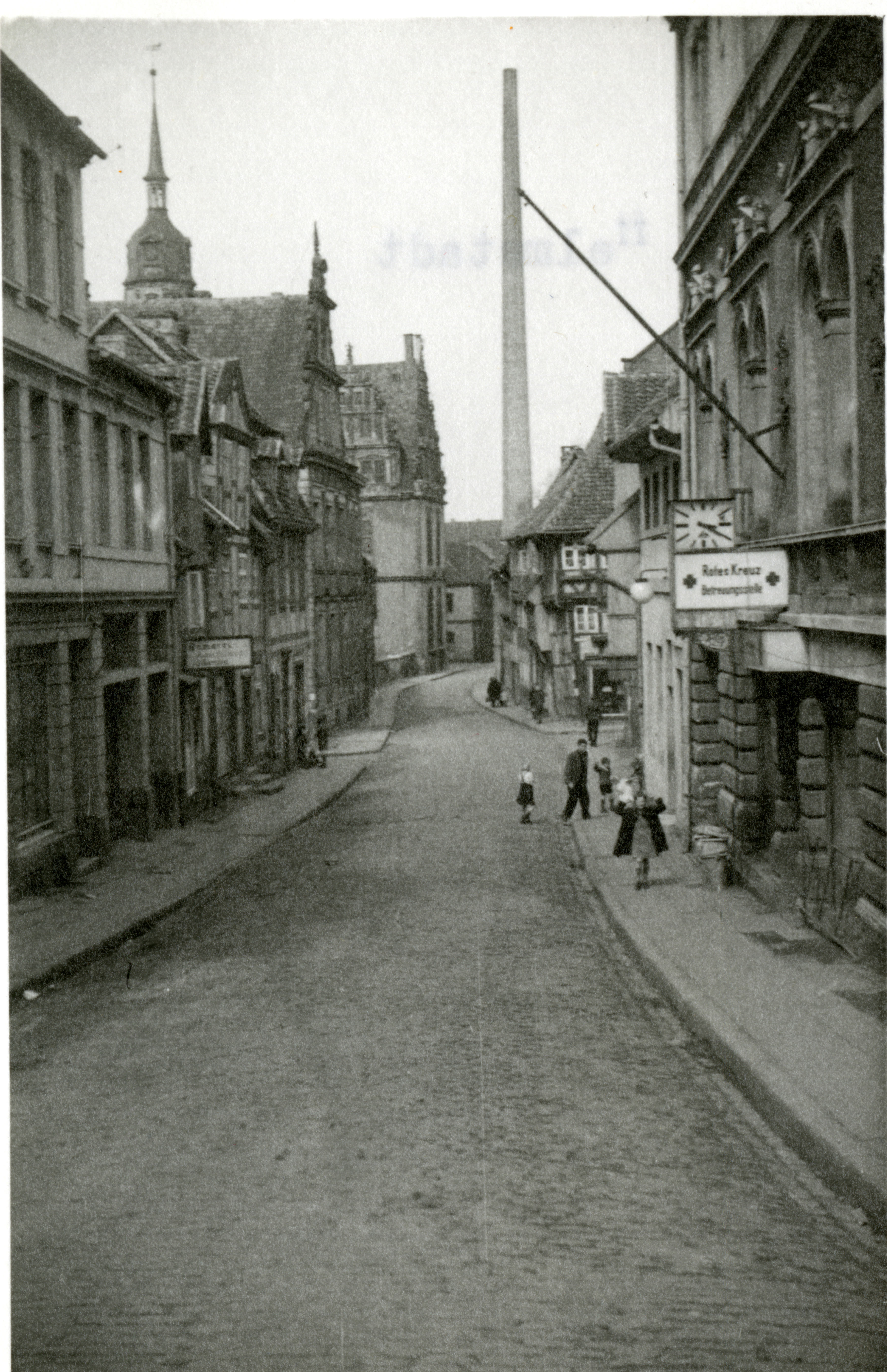Germany's economic stability and growth are hallmarks of its robust and resilient economy, often regarded as the powerhouse of Europe. Anchored by a highly skilled workforce, strong industrial base, and a commitment to innovation, Germany consistently demonstrates solid economic performance. The country's manufacturing sector, particularly its automotive and engineering industries, plays a pivotal role in driving exports, which are a significant component of the national GDP. Prudent fiscal policies, low unemployment rates, and a comprehensive social welfare system contribute to a stable economic environment. Additionally, Germany's emphasis on renewable energy and digital transformation positions it well for future growth. Despite global economic uncertainties, Germany's diversified economy, sound financial management, and strategic investments in technology and infrastructure ensure continued economic resilience and prosperity.
How German Real Estate can Skyrocket Your Wealth
Location: In German real estate, location is paramount, influencing property value and desirability. Urban centers like Berlin and Munich command higher prices due to amenities, job opportunities, and cultural attractions, while rural areas offer tranquility and affordability.
Property Type: Germany offers a spectrum of property types, from modern apartments in city centers to traditional houses in rural settings. Urban areas feature high-rise condos and renovated historical buildings, appealing to diverse lifestyles and investment strategies.
Supply and Demand: Germany's real estate market faces significant demand in major cities, driven by population growth and economic vitality. Limited supply of housing, especially in urban centers, fuels competition and drives up property prices, impacting rental yields and investment potential.
Economic Indicators: Germany's stable economy, low unemployment, and robust industrial sector bolster confidence in the real estate market. Favorable economic indicators support property values and attract both domestic and international investors seeking long-term stability and growth potential.
Market Trends: Current trends in Germany's real estate market indicate rising prices in major cities like Berlin and Munich, driven by strong demand and limited supply. Suburban areas are also seeing increased interest, offering a balance of affordability and proximity to urban amenities.
Amenities: Germany boasts high-quality infrastructure and amenities, enhancing property values across residential and commercial sectors. Well-developed transportation networks, healthcare facilities, educational institutions, and cultural offerings contribute to the attractiveness of local real estate markets.
